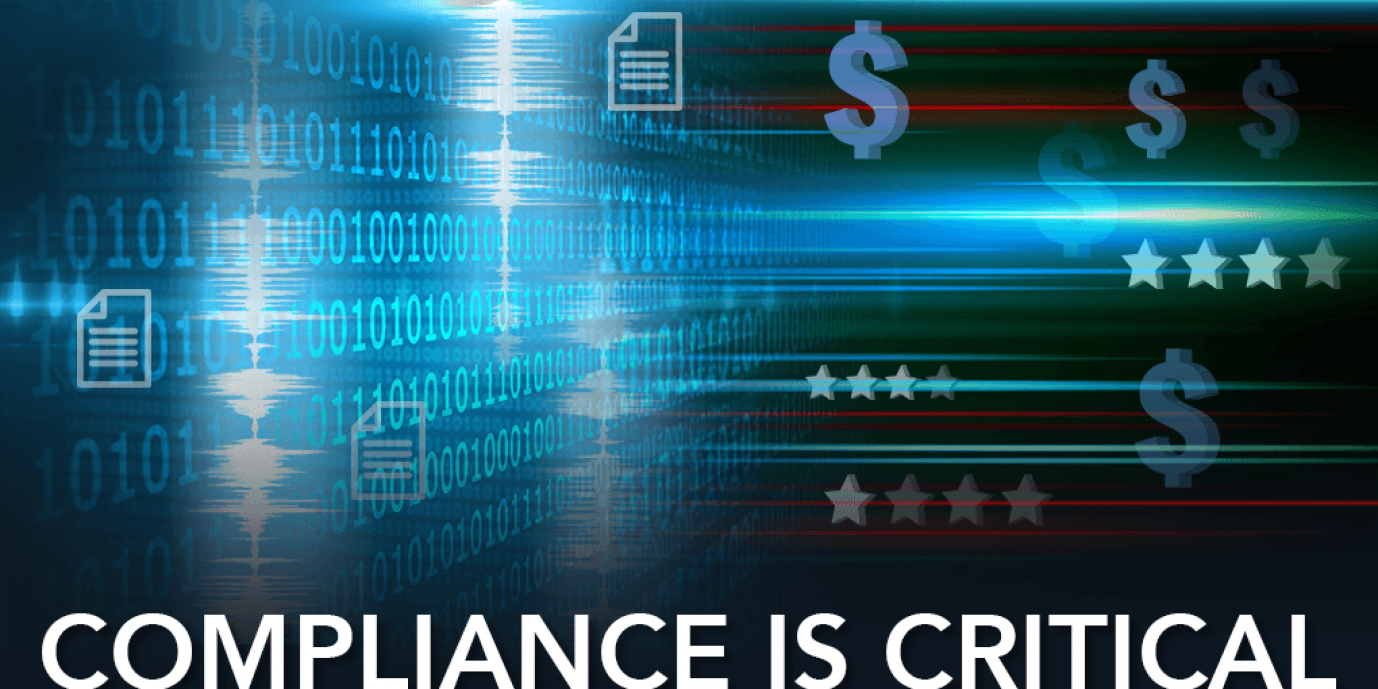Search
Contact Us
Call Recorders Can Save You from Disaster
Customer experience (CX) expectations have changed. Today, customers expect helpful, accurate, and insightful responses from empowered agents that can resolve any situation, on the first call. All this while new regulations and obligations rapidly accelerate business process change.
On a global basis, 81.6% of business executives (2020 NTT/DiData Customer Experience Benchmarking Study), see the customer experience that their organizations provide as a key differentiator and the number one indicator of their overall strategic leadership. And, as a result of the pandemic, more focus is expected in this area due to many organizations having deployed a significant percentage of their agents, back-office staff, and subject matter experts (SME’s) outside of their traditional bricks and mortar offices.
The Growing Need for Call Recording
This means that regulatory compliance becomes a significant area of concern. If a company operates in a specific region or industry, applicable regulations can easily be understood and respected. But things can get exceedingly complex when the company operates in a highly regulated industry, across multiple regions, and/or internationally. The onus is on the company to understand these regulations and to make sure they are consistently respected.
As an added incentive, some of these regulatory obligations have strong penalties for non-compliance. GDPR and other privacy requirements are accelerating the commitment to proper oversight, and are now impacting corporate objectives and operational flexibility in ways no one could have ever imagined.

Global Privacy Requirements – Quick Reference
But as regulations increase, so does the risk that your organization is, or can be, out of compliance. And it may be no more than an innocent, off-script comment that causes the issue.
The Proof IS the Recording
Who hasn’t heard “This call may be monitored or recorded for quality assurance purposes”? This notice is legally required so that all parties are aware that the call is being recorded.
As a normal order of business, most contact center calls, whether inbound or outbound (via proactive dialer or manually dialed), should now be recorded. Recordings can help ensure that agents focus on, and adhere to, proper scripting and processes. The consent and instructions obtained from the client can be archived for evidentiary purposes as needed.
Contextual information can also be gathered so that there is a clear understanding of the complete interaction and exactly how the conversation progressed – the impartial recording/assessment of the situation will enable the organization to quickly address any issue(s) as objectively as possible.
With the latest technology, recordings are processed in real-time and are time-stamped, codified, and indexed to simplify future analysis or retrieval. These tools can also translate speech to text, which can be quickly searched to find a specific word or phrase in audio, digital, or video streams, enabling “problem interactions” to be easily located and evaluated. Leading applications even use proprietary algorithms, linguistics, and tone/stress detection to identify customer sentiment.

Powerful search tools allow supervisors to zero in on specific interactions requiring special treatment, such as confirming a delivery, a “sell’’ order, or an authorization to proceed with a medical procedure. This is critical when supervisors do not have the time to listen to a large number of calls. Just as importantly, call recordings can become an impartial witness when a contentious situation arises to protect both parties from unforeseen consequences.
All calls can (and should) be linked with the caller’s profile within the CRM system for optimal benefits. This helps the organization gather its own first-party data, which can also accelerate developing the most comprehensive customer profiles possible.
With these capabilities in place, adherence to regulatory guidelines becomes much easier and helps the organization avoid legal repercussions
Additional Considerations
Preparing for Artificial Intelligence (AI)
AI is rapidly being applied in all areas of the contact center. At the leading edge, conversational AI using Natural Language Processing (NLP) helps organizations identify the message the customer is trying to convey, along with its context. This understanding can then be used to provide the customer with a much better experience, more quickly, delivering the right outcome.
Future-Proofing with Cloud, Teams, and Video
Choose a recording solution that uses open standard protocols and is deployed in a cloud or hybrid infrastructure. It will ensure solution interoperability and facilitate the integration of UC, Video, SMS, and other capabilities. You’ll benefit from future cost savings and a reduction of overall operational risk. Cloud-based storage options are now only limited by your organization’s preferences as multiple providers can be used for additional redundancy.
Protection from Ransomware
Previously, only organizations in the Financial, Insurance, and Legal sectors thought that securing their data was important. But with recent ransomware attacks, we’re seeing that the risk is very much an issue, regardless of what your organization does. All customer and operational data is now “sensitive” data and is more valuable than ever before. It is recommended that all data, including recordings, be encrypted so that unauthorized access or attempts at seizing compromising data and releasing it into the public domain becomes a harmless threat.
Using the right approach will enable your organization to mitigate risk, deliver better service, protect customers and agents, and ensure that all customer contacts result in positive outcomes.
Protect Your Customers and Agents. Record and Index All your Calls. Store and Encrypt 2 Copies.
You’ll Be Safer… and glad you did.
Published In
Enghouse Interactive Educates digital transformation Outbound Dialer customer support CCaaS multi-tenant Unified Communications quality management employee morale compliance IVR Development Tools Integration & Optimization Service Provider Cloud-Based Contact Center Contact Center Solutions Microsoft Enghouse Interactive IVR/Self-Service call recording dispute resolution employee scheduling zz-General voice of the customer customer service speech analytics contact center optimization quality monitoring Contact Center Customer Experience Omni-Channel Video
Why Managing Customer Emotions Is Even More Important Than You Think
Continue Reading

Understanding The Factors Driving Channel Choice In Customer Service
Consumers now have an ever-widening range of channels for interacting with companies. Getting the right balance has to start by understanding your customers. How, why and when do they want to engage with your business?
Continue Reading
Thank you!
You have successfully subscribed to our newsletter.
Sign up here to watch your selected video as well as gain access to the other videos listed here
Sign up here to watch your selected video
Sign up here to watch the videos as well access to more Tips 'N' Tricks videos
Get your free download